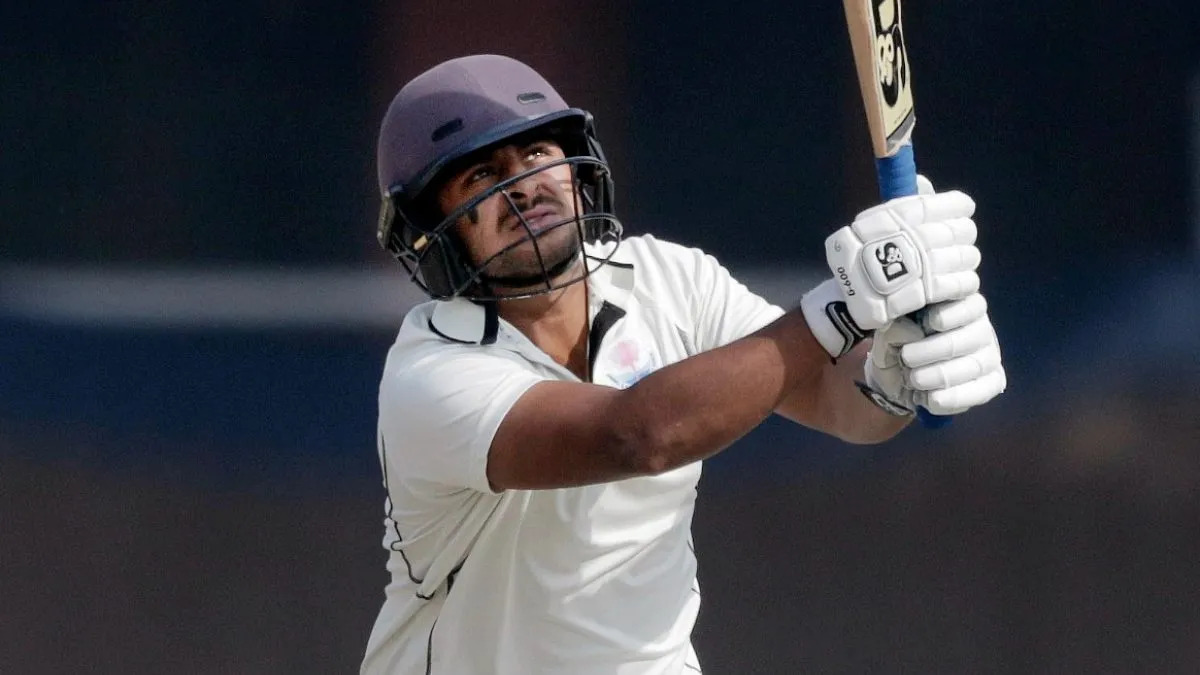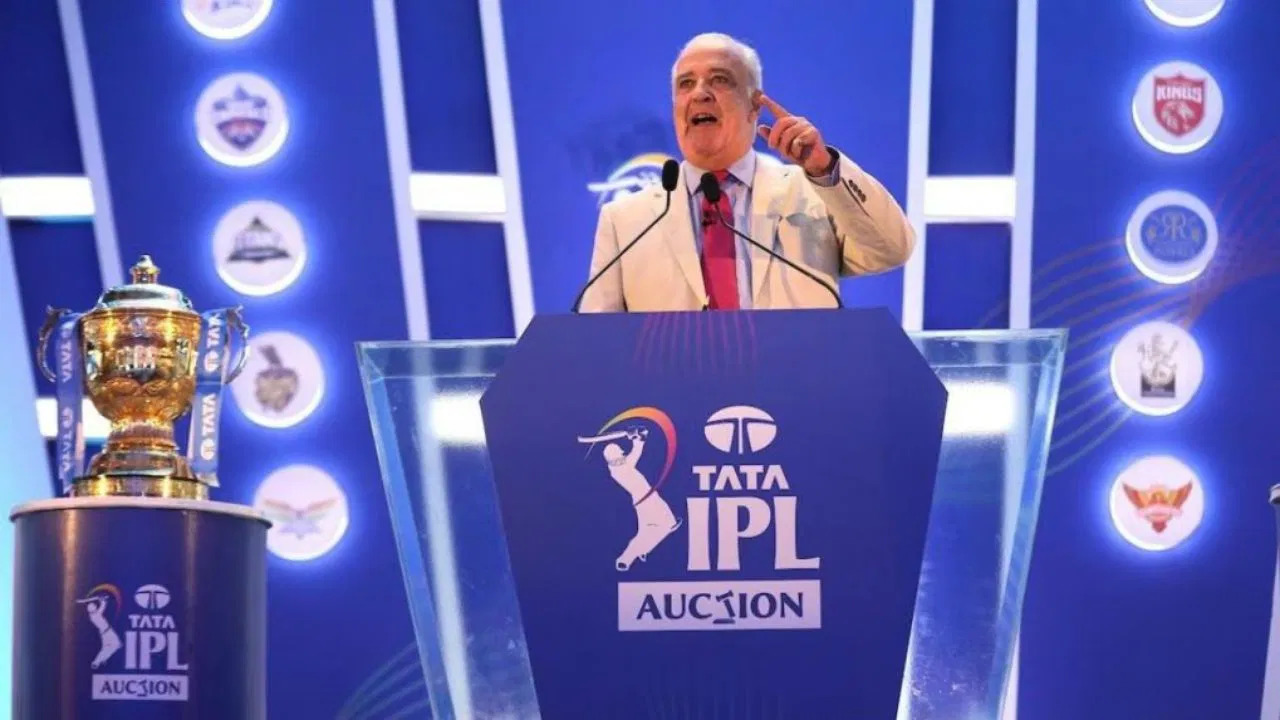Shubham Khajuria of Jammu and Kashmir created history by becoming the first player from the region to score two centuries in Ranji Trophy history, a feat not seen in J&K in 22 years. In the upcoming Ranji Trophy 2024–25, he accomplished the feat on Saturday in Srinagar against Maharashtra in the first round.
It’s important to remember that Ashwani Gupta was the last hitter to hit a double ton before Khajuria in 2002. After 22 years, Khajuria became the most recent player to accomplish the same accomplishment, which he accomplished against Bihar.
Fascinatingly, Shubham Khajuria follows Gupta and Kavaljit Singh as the third batter from J&K to score a double hundred.
Moreover, Ashwani Gupta has already hit double tons twice, in 1995 and 2002. Khajuria persisted in wreaking havoc on the bowling assault of Maharashtra, assisting J&K in putting up a substantial total on the scoreboard.
Against Maharashtra, J&K scores 449 runs through tea.
In their ongoing match versus Maharashtra, Jammu & Kashmir have gotten off to an incredible start. After Abhinav Puri was sent back to the pavilion for a duck, the team began their innings. After just two deliveries, the opener was substituted out.
Khajuria’s hit, nevertheless, helped his team’s innings to stabilize. Upon reaching tea, J&K had batted for 136 overs and were comfortably ahead with 449 runs. After reaching his double century, Khajuria carried on his rampage, scoring 255* runs off of 352 deliveries.
In addition, Abdul Samad added 23 runs, Shubham Singh Pundir scored 37 runs, and Paras Dogra scored 30 runs. With a total of 72 runs in 252 deliveries, Sahil Lotra scored 18 more runs, and Shivansh Sharma remained undefeated.
Also Read: Ranji Trophy 2024-25: Shreyas Iyer falls for an eight-ball duck against Baroda as form slump continues
At the time of lunch, H. A. Walunj had taken two wickets, making him the highest wicket taker for Maharashtra. With the loss of five wickets, J&K managed to score 449 runs with the scalps of Arshin Kulkarni, Rajneesh Gurbani, and M G Choudhary each taking one wicket.








 Win Projections to be updated soon
Win Projections to be updated soon















